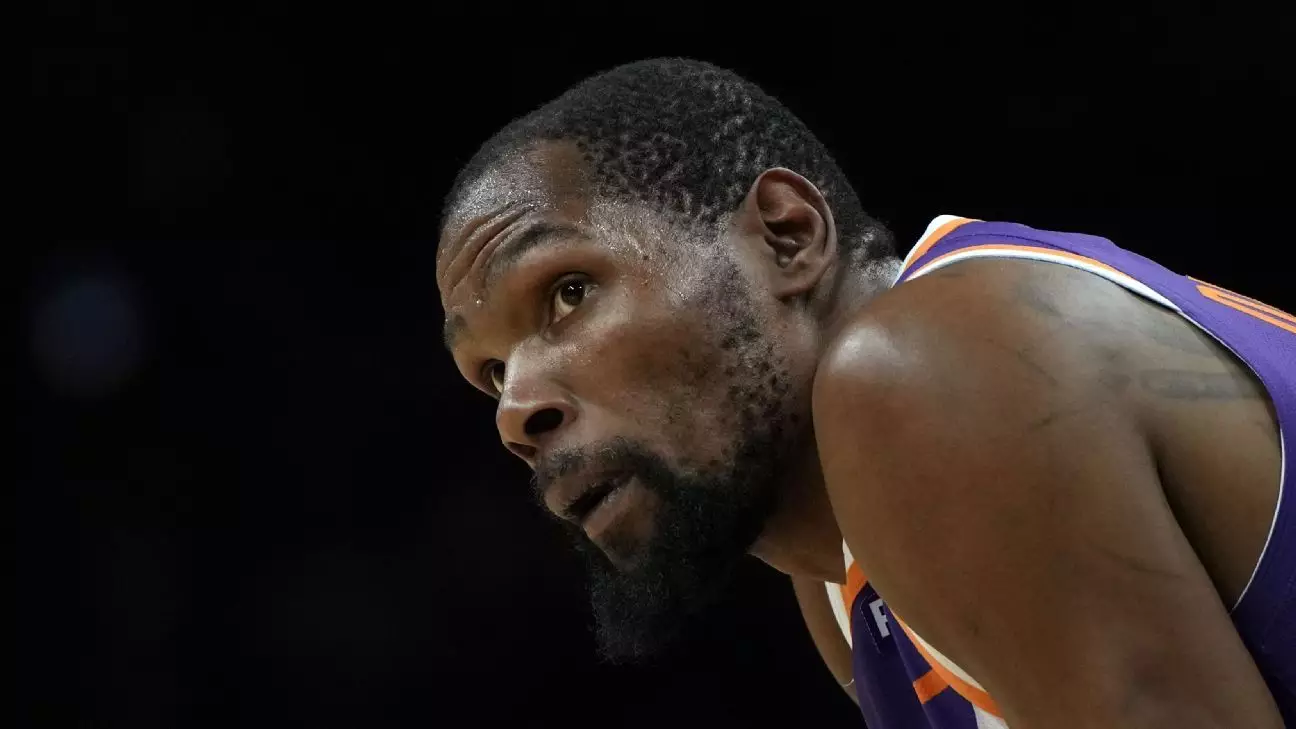The recent basketball mega-deal involving seven teams and dozens of assets signals more than just a routine roster shuffle; it lays bare the chaotic, high-stakes nature of modern NBA front offices desperate to stay relevant. This transaction, the first of its kind in league history, is a stark illustration of how the sport’s business landscape has shifted from simple player swaps to intricate games of leverage, greed, and strategic positioning. Such maneuvers are driven not only by athletic considerations but also by economic motives and the relentless quest for supremacy. This deal underscores a troubling trend: the commercialization of basketball has reached a point where the sport’s integrity is increasingly subordinate to financial engineering.
What makes this trade particularly striking is its sheer scope and complexity. Involving seven teams—Houston Rockets, Atlanta Hawks, Brooklyn Nets, Golden State Warriors, Los Angeles Lakers, Minnesota Timberwolves, and Phoenix Suns—each with layered motives and hidden agendas, it epitomizes a league where corporate interests often overshadow competition. The interwoven assets include star players, hefty draft picks, and cash considerations, revealing a league that values strategic asset management more than player development or team chemistry. Such an elaborate ballet of assets represents a disturbing shift: trades are no longer just about on-court fit but about positioning oneself in the shifting sands of the NBA’s sprawling economic landscape.
A Troubling Shift Toward Superficial Superteams
The Durant saga alone exemplifies the superficiality of today’s “superteam” culture. His move from Phoenix to Houston, a team that languished outside the upper echelons, illustrates the NBA’s obsession with star power and headline-grabbing trades over organic team-building. What once was a league rooted in player development and genuine competitive balance has morphed into a league of transactional spectacle. This move raises fundamental questions about the essence of sport: is it about fostering chemistry and loyalty, or simply about assembling the flashiest lineup to win wins and PR battles?
Kevin Durant’s reflection on his time with the Suns offers a poignant insight into this dichotomy. While he appreciates the relationships forged and the journey traveled, his transfer underscores the transient, mercenary nature of modern stardom. The league now resembles a mercantile hub, where players are commodities, and teams are chess pieces on an ever-shifting board. This phenomenon diminishes the sport’s authenticity, turning basketball into a spectacle driven more by business interests than integrity or tradition. Moreover, the league’s focus on maximizing short-term success via blockbuster trades risks long-term stability and fan loyalty, who see their favorite teams as pawns of an over-inflated market.
The Economic Drivers Behind the Chaos
At the heart of this sprawling transaction lies an unwavering truth: money fuels this frenzy. Salary cap intricacies, draft pick valuations, and strategic asset swaps reveal a league where financial maneuvering has become almost as important as athletic performance. The league’s complex rules around salary cap compliance and the strategic use of second-round picks highlight the extent to which economics dominate decision-making. It’s a game played as much on spreadsheets as on hardwood—a reality that erodes the purity of sports competition.
Phoenix’s ability to manipulate draft assets following a substantial trade underscores a troubling trend: teams are increasingly viewed as investment portfolios rather than athletic organizations. The focus shifts from nurturing talent over time to making calculated, often short-term moves to stay ahead financially and competitively. This trend risks alienating loyal fans who once rooted for the sport’s human story, now faced with a spectacle of deals that resemble corporate mergers more than athletic endeavors.
The Future of the League: A Question of Integrity and Balance
As the NBA continues this trajectory, the question becomes whether the sport can maintain its integrity amid this relentless pursuit of advantage. The league’s identity—once rooted in competition, skill, and loyalty—is now increasingly overshadowed by transactional theatrics. While these mega-deals generate buzz and boost short-term television ratings, they threaten to diminish the league’s cultural significance and the values that once made basketball a uniquely inspiring spectacle.
This ongoing obsession with superteams and blockbuster trades suggests a league that is losing sight of its core purpose: fostering genuine competition and celebrating athletic excellence. Instead, it risks becoming a high-stakes game of financial chess, with players and teams maneuvering for market dominance rather than sporting achievement. The real winners in this scenario are the executives and investors who profit from the chaos, not necessarily the fans or the sport’s authentic spirit. If the NBA wishes to sustain its appeal and preserve its integrity, it must confront these issues head-on and reevaluate the priorities that underpin its operations.



Leave a Reply